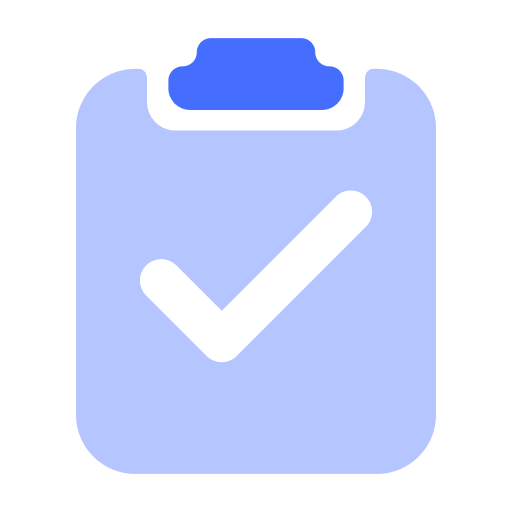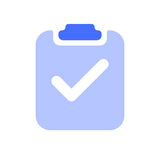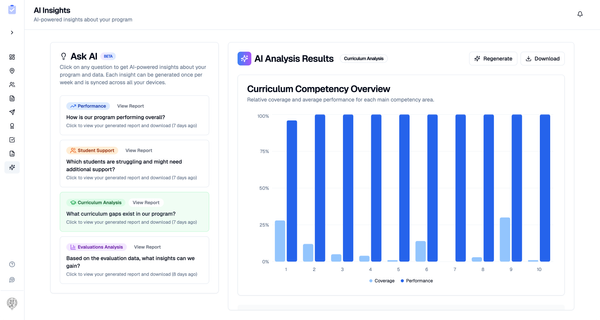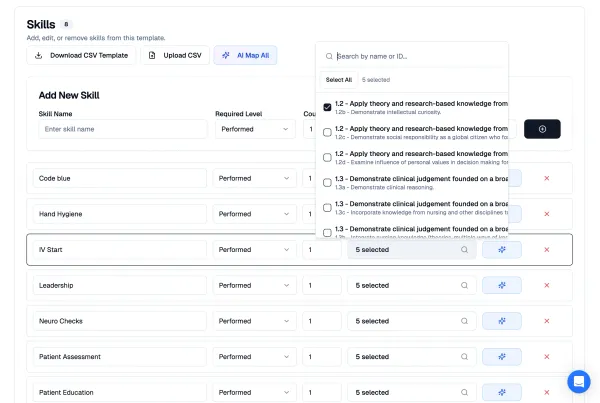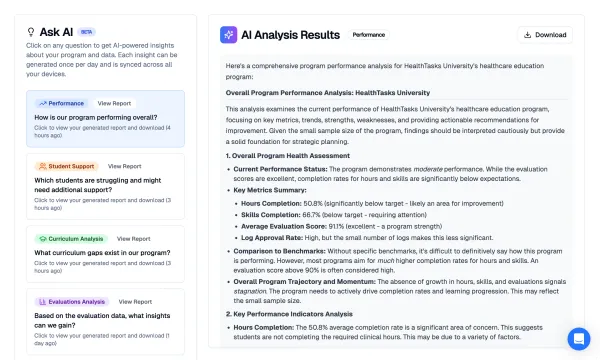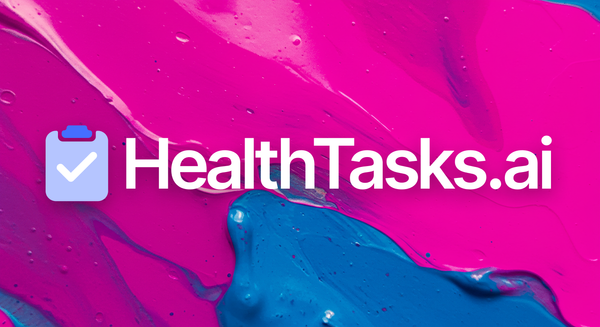How to Become More Efficient During Nursing Clinical Rotations

Becoming more efficient during nursing clinical rotations requires dedication, organization, and a proactive approach to learning. Here are some key strategies you can implement:
Before your clinical rotations:
Preparation:
- Review course materials: Refamiliarize yourself with key concepts and procedures relevant to your upcoming rotation.
- Research common diagnoses and treatments: Familiarize yourself with the patient population you'll encounter and common interventions.
- Prepare questions: Develop a list of questions for your instructor or preceptor about the rotation and specific patient care situations.
Time management:
- Plan your schedule: Allocate dedicated time for studying, reviewing patient charts, and completing assignments.
- Prioritize tasks: Identify essential tasks that require immediate attention and delegate or reschedule others.
- Utilize downtime efficiently: Use spare moments while waiting for patients to review charts, study medications, or complete documentation.
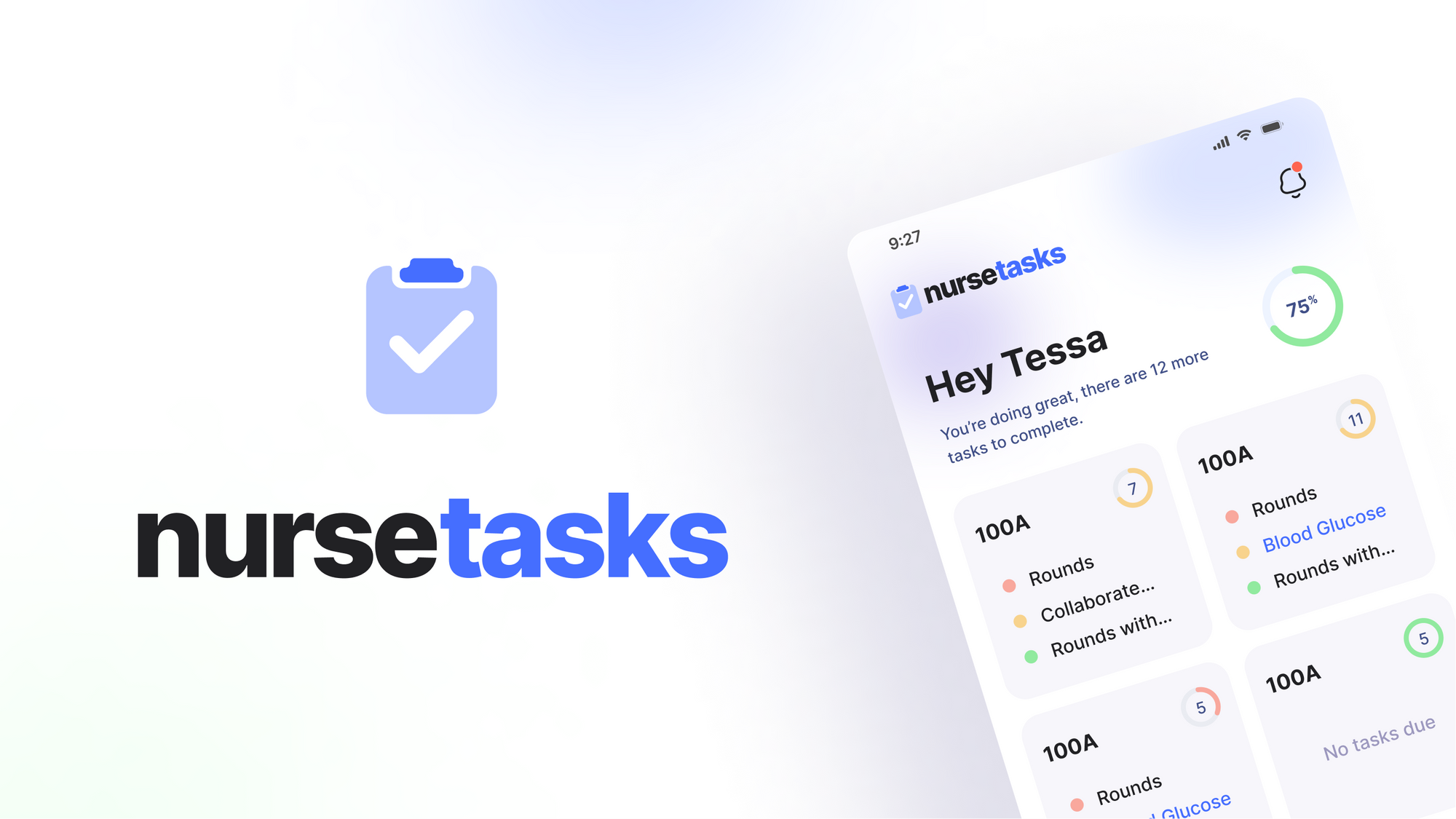
During your clinical rotations:
Be proactive:
- Introduce yourself to the healthcare team: Introduce yourself to your preceptor, nurses, and other healthcare professionals.
- Express your learning goals: Inform your preceptor about your specific areas of interest and learning goals for the rotation.
- Seek opportunities to practice skills: Volunteer for tasks and actively participate in patient care activities.
Communication and collaboration:
- Ask questions: Don't be afraid to ask clarifying questions to ensure proper understanding of procedures and patient care.
- Communicate effectively with the healthcare team: Clearly and concisely relay information about patient assessments, interventions, and concerns.
- Collaborate with other students and nurses: Share knowledge, support each other, and learn from each other's experiences.
Organization and documentation:
- Prepare essential materials: Carry a notebook, pens, medication reference guide, and other necessary resources.
- Organize patient information: Maintain a system for keeping patient charts, notes, and assessment forms organized.
- Document accurately and efficiently: Develop a system for quickly and accurately documenting patient care activities.
Self-care and reflection:
- Prioritize your well-being: Get enough sleep, eat healthy foods, and engage in stress-relieving activities.
- Practice self-reflection: Take time to reflect on your performance, identify areas for improvement, and set goals for future rotations.
- Seek feedback: Ask your preceptor and peers for constructive feedback to identify areas you can improve upon.
Additional tips:
- Utilize technology: Use digital resources, apps, and online platforms to enhance your learning and communication.
- Network with healthcare professionals: Build relationships with nurses and other healthcare professionals to gain insights and learn from their experiences.
- Practice time management techniques: Utilize techniques like the Pomodoro Technique to optimize your study and work time.
- Stay motivated and focused: Remember your passion for nursing and focus on your goals for professional growth.
By implementing these strategies, you can become more efficient during your clinical rotations, maximize your learning opportunities, and gain valuable skills and experience to prepare you for a successful nursing career.
